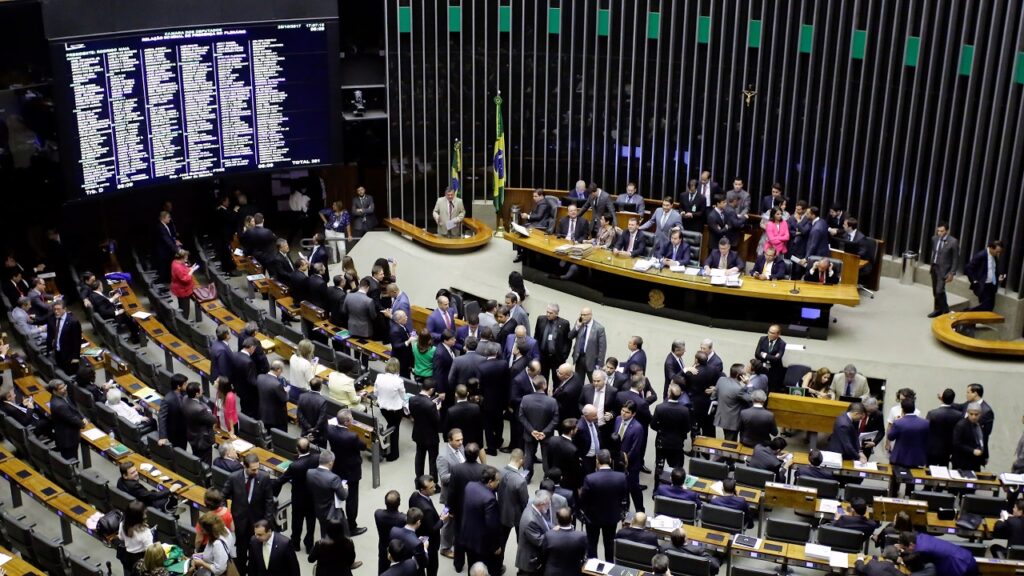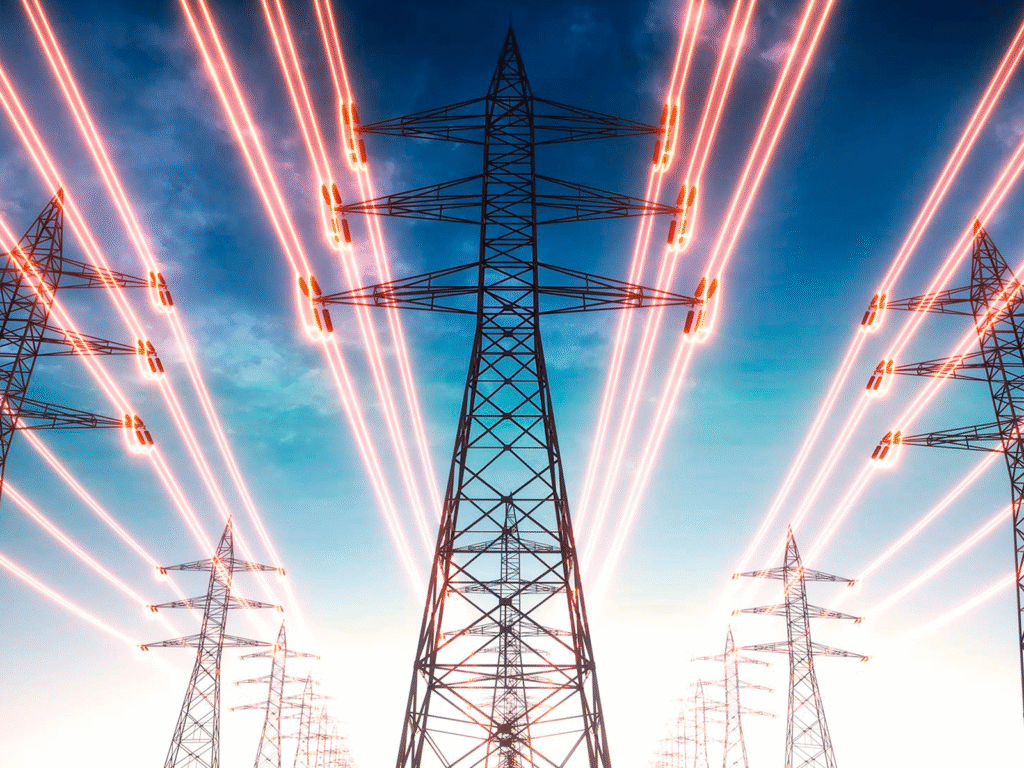Brazil’s energy sector is undergoing a transformation. With the publication of Provisional Measure No. 1,300/2025, the government has initiated a reform that aims to modernize market regulations, expand access to the Free Energy Market, and redesign how charges and benefits are distributed among consumers.
But what does this mean in practice for companies and managers dealing with energy procurement? In this article, we outline the main impacts of the MP by theme — and show how your company can act strategically in response to the changes.

1. Full Opening of the Free Energy Market
The MP sets out a clear schedule:
- Starting in August 2026: industrial and commercial consumers in low voltage will be allowed to migrate to the Free Contracting Environment (ACL).
- Starting in December 2027: full opening of the market, including residential consumers.
Opportunity:
This change represents the democratization of access to the free market, allowing small and medium-sized businesses to choose their energy supplier, negotiate prices, and gain greater cost predictability.
What to do:
Even if your company is still in the regulated market, now is the time to seek guidance and begin planning your migration. Those who prepare early stand to save the most.
2. Gradual End of TUSD/TUST Discounts
MP 1,300 sets significant limits on the traditional network usage discounts (TUSD/TUST) for incentivized (renewable) energy:
- Only contracts with a defined energy volume, set term, and registered by December 31, 2025, will retain the benefit.
- Extensions, transfers, contracts with open clauses or zero volume will lose the right to the discount.
Direct Impact:
This change may increase the cost of incentivized energy in the coming years, making it essential to review current contracts.
What to do:
If your company is already in the ACL, consider renewing your contract in 2025 to secure discounts through the new contract term. This may be the last opportunity to preserve this advantage.
3. Redesign of Sector Charges
Historically, charges such as the Energy Development Account (CDE) were almost exclusively paid by consumers in the regulated market. Now, the MP establishes:
- Inclusion of free market consumers in the cost-sharing of Angra 1 and 2, distributed generation incentives, and the expansion of the Social Tariff.
- Charges will be allocated proportionally to consumption, regardless of voltage level.
Impact:
The competitiveness of the ACL may be affected, especially if energy suppliers do not adjust their pricing and strategies.
What to do:
Review your contracts with your supplier and ensure costs are being passed on appropriately. It’s essential to have partners who closely follow regulatory changes.
4. Stricter Rules for Self-Generation
The new MP also changes the rules for self-generation of energy, particularly for those benefiting from the equivalency model:
- Requirement of 30 MW in aggregate demand and 3 MW per consumer unit.
- Minimum 30% equity stake in the generation company, with voting rights.
- Limits on equivalency in existing projects and a 60-day window (from 05/21/2025) for compliance.
Impact:
Smaller consumers may lose access to self-generation via equivalency, and ongoing projects may lose benefits if not adjusted in time.
What to do:
If your company is involved in a self-generation project, reassess the corporate structure and contracts. If the criteria can no longer be met, it may be time to explore options in the ACL.
5. Expansion of the Social Tariff and Regulatory Changes
The MP also introduces:
- Full exemption from electricity bills for families consuming up to 80 kWh/month (with per capita income up to ½ minimum wage).
- Exemption from CDE payments for consumption up to 120 kWh/month for families earning between ½ and 1 minimum wage.
- New tariff models: prepayment, time-of-use pricing, multipart tariffs, and regional differentiation.
Overall Impact:
The expansion of the social tariff will be financed by all consumers, including those in the free market. Additionally, tariff structures may become more complex, requiring greater cost analysis.
What to do:
Companies that consume energy at different times or in various regions should prepare for a new tariff model. Consumption profiling will become even more strategic.
6. How Deal Comercializadora Can Help
MP 1,300/2025 marks a turning point in Brazil’s energy sector. While some measures still depend on further regulation or congressional approval, many of the practical effects are already in motion — and decisions made in 2025 could make all the difference for your company’s future.
At Deal Comercializadora, we are monitoring every stage of this transition and are fully prepared to offer personalized analysis based on your consumption profile, contract type, and business goals.


